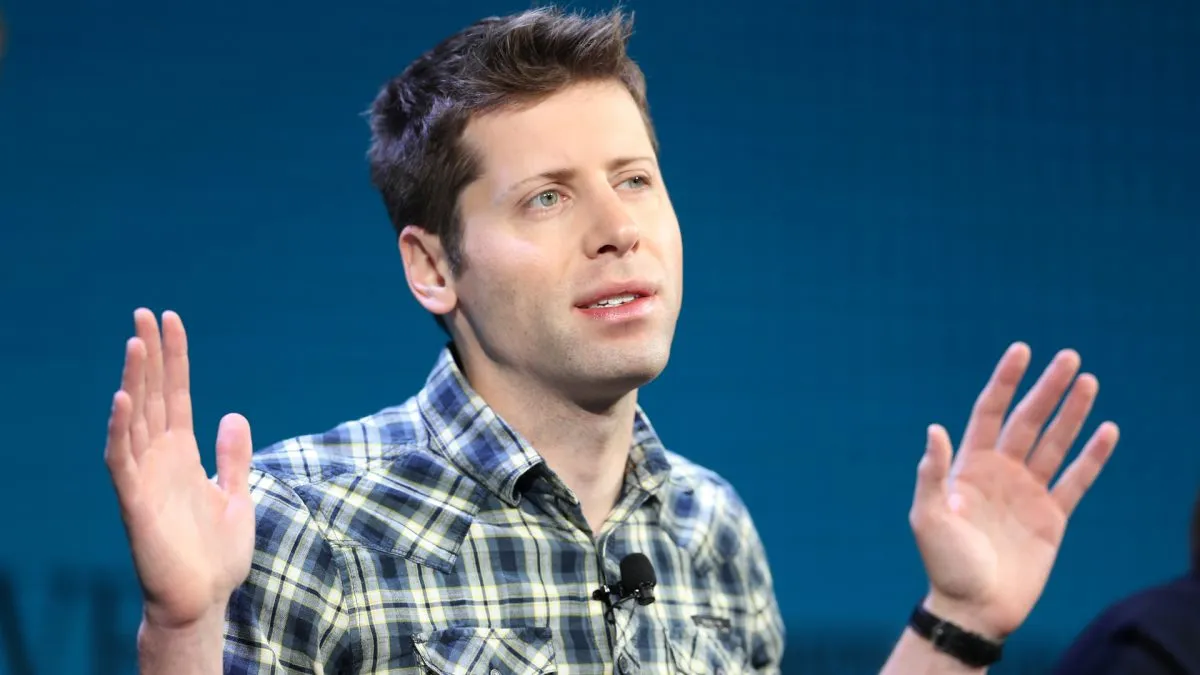Sam Altman Steps Down from OpenAI Board's Safety and Security Committee

OpenAI Board's Safety and Security Committee Reforms
Sam Altman, CEO of OpenAI, has recently stepped down from his position on the internal Safety and Security Committee, a crucial body established in May to oversee critical safety decisions related to OpenAI’s projects.
The committee will now function as an independent oversight board, chaired by Zico Kolter, a professor from Carnegie Mellon. Notable figures, including Quora CEO Adam D’Angelo, retired US Army General Paul Nakasone, and former Sony executive Nicole Seligman, all serve on OpenAI’s board.
Critical Role in AI Safety
The committee’s importance cannot be overstated, as it reviews the safety of OpenAI’s models and addresses security concerns before their release. It already conducted a safety review of OpenAI’s latest model o1, even after Altman’s resignation.
Despite the changes, concerns linger about whether the committee can act independently of OpenAI’s commercial interests. After increased scrutiny from US lawmakers, and five senators voicing concerns about the company’s safety policies, Altman's step down adds to an air of uncertainty.
Future of AI Regulations
Altman's departure coincides with a push for stricter AI regulations, which some former employees have publicly criticized, highlighting potential conflicts with OpenAI’s commercial ambitions. With the company's lobbying budget for the first half of 2024 reaching $800,000, the need for balancing safety and commercial success continues to intensify.
Even though Altman has taken up a role with the Department of Homeland Security’s AI Safety and Security Board, the independent committee faces skepticism regarding its ability to self-regulate effectively in light of profit-driven incentives.
This article was prepared using information from open sources in accordance with the principles of Ethical Policy. The editorial team is not responsible for absolute accuracy, as it relies on data from the sources referenced.